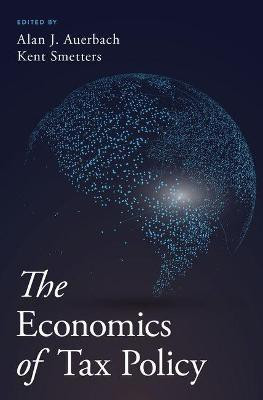The Economics of Tax Policy(English, Hardcover, unknown)
Quick Overview
Product Price Comparison
The debates about the what, who, and how of tax policy are at the core of politics, policy, and economics. The Economics of Tax Policy provides a straightforward overview of recent research in the economics of taxation.Tax policies generate considerable debate among the public, policymakers, and scholars. These disputes have grown more heated in the United States as the incomes of the wealthiest 1 percent and the rest of the population continue to diverge. This important volume enhances understanding of the implications of taxation on behavior and social outcomes by having leading scholars evaluate key topics in tax policy. These include how changes to the individual income tax affect long-term economic growth; the challenges of tax administration, compliance, and enforcement; and environmental taxation and its effects on tax revenue, pollution emissions, economic efficiency, and income distribution. Also explored are tax expenditures, which are subsidy programs in the form of tax deductions, exclusions, credits, or favorable rates; how college attendance is influenced by tax credits and deductions for tuition and fees, tax-advantaged college savings plans, and student loan interest deductions; and how tax policy toward low-income families takes a number of forms with different distributional effects. Among the most contentious issues explored are influences of capital gains and estate taxation on the long term concentration of wealth; the interaction of tax policy and retirement savings and how policy can "nudge" improved planning for retirement; and how the reform of corporate and business taxation is central to current tax policy debates in the United States.By providing overviews of recent advances in thinking about how taxes relate to behavior and social goals, The Economics of Tax Policy helps inform the debate.


